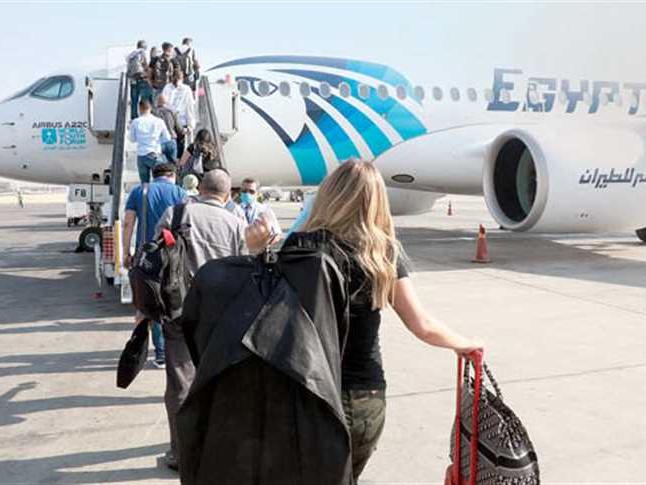As the UK gears up for the general election, the Labour Party faces internal strife over the candidacy of Diane Abbott, a prominent MP and the first black woman elected to British Parliament. Abbott, who was suspended from the party in April 2023 over comments about antisemitism, has been reinstated but now faces uncertainty about her ability to stand as a Labour candidate. Keir Starmer, the Labour leader, has been pressured to clarify the situation, with conflicting reports and Abbott’s own claims contributing to a growing controversy within the party. The debate has drawn attention from Labour activists and affiliated unions, some of whom have rallied in support of Abbott. This internal discord has overshadowed Labour’s campaign efforts, particularly their focus on NHS waiting lists and has provided ammunition for Prime Minister Rishi Sunak to call for transparency. In a similar vein, left-wing Labour MP Lloyd Russell-Moyle has been suspended and announced he will not stand in the election, citing a false and politically motivated complaint against him. As Labour navigates these challenges, the party’s ability to maintain a cohesive campaign message and its stance on inclusivity and diversity are being tested.
Key points
- Diane Abbott’s future as a Labour candidate is uncertain despite her whip being restored.
- Labour leader Keir Starmer denies barring Abbott but confirms no decision on her candidacy has been made.
- Internal disputes within Labour overshadow campaign efforts and raise questions about party unity.
Contradictions👾Reports and statements from Diane Abbott suggest she has been barred from standing as a Labour candidate, while Keir Starmer denies that any decision has been made.



